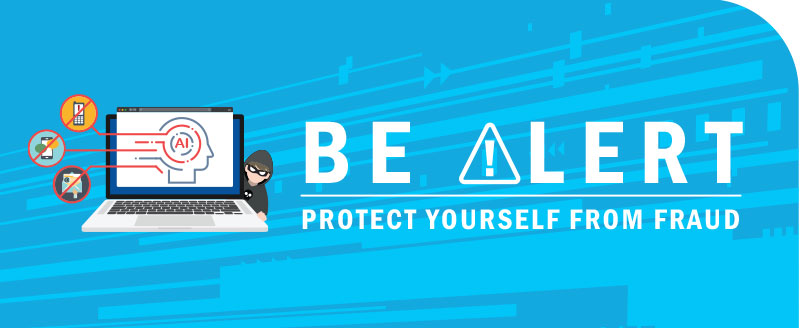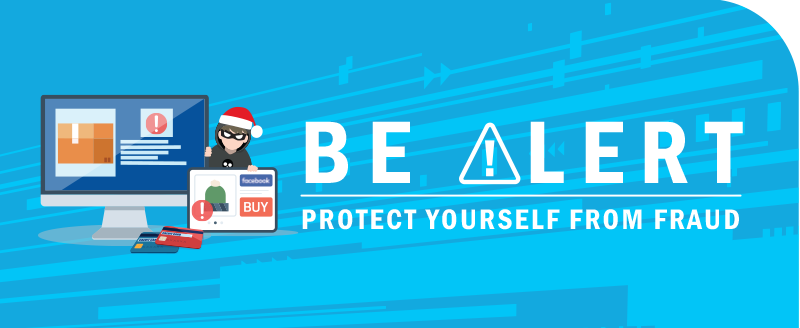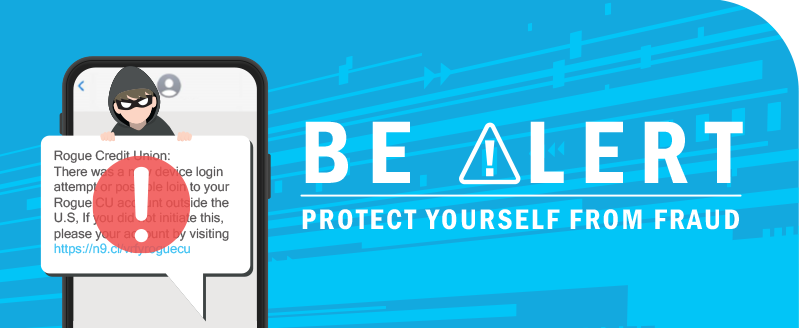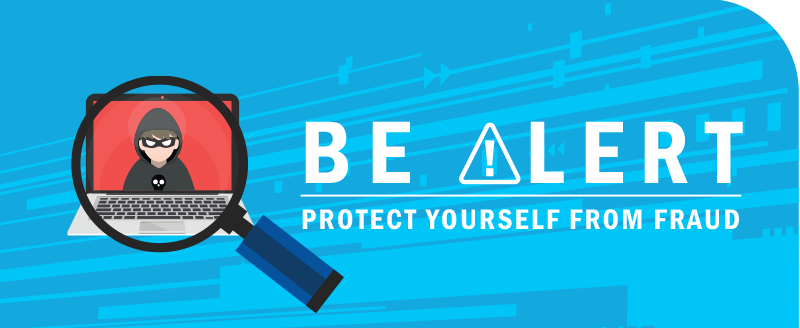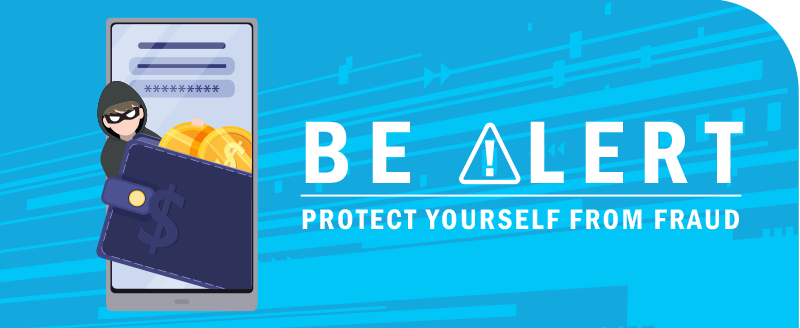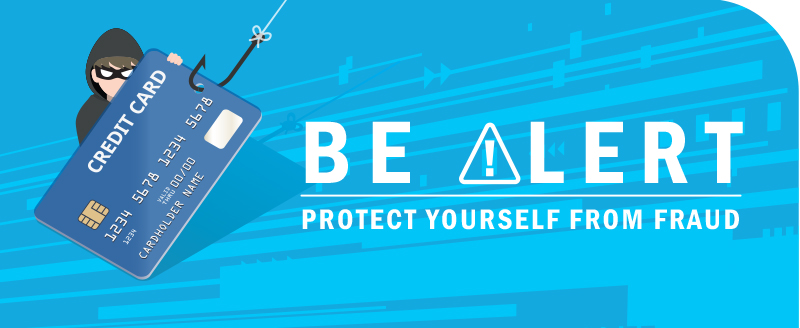7 Common Examples of Financial Fraud
Across the country, financial institutions are reporting an increase in fraud. Scammers are constantly finding new ways to trick people into sending them money or sharing personal information. To help you know what to look out for, we put together a list of the most common recent fraud trends.
Spoofing Calls and Texts
In this kind of scam, you receive a call or text from someone impersonating a business, law enforcement officer, the IRS or another figure of authority. The fraudster might even mimic Rogue’s phone number and make it look like “RCU” or “RCU Fraud Team” is calling. While pretending to be the figure of authority, they ask you to share card numbers, financial account information, Online Banking login credentials or other personal information.
Computer and Phone Hacks
In this case, you might receive an email asking you to verify a transaction or see a pop-up claiming that your device has a virus. The fraudster will try to convince you to give them access to your device or log into your Online Banking profile.
Check Deposit Fraud
Some fraudsters may claim you won a sweepstakes or offer to buy something you’re selling. They’ll send you a check to deposit, then have you to send them gift cards or claim they “accidentally” sent too much and ask you to refund part of it. It may take up to a month or longer for a fraudulent check to be detected and for the funds to bounce from your account.
Debit Card Fraud
Recently, a lot of card fraud is due to card testing. Scammers guess card numbers and then attempt to process a transaction. If you have a cell phone number linked to your Rogue account, Rogue will send you a fraud alert text if we notice one of these suspicious transactions.
Online Work Scams
Similar to check fraud, a fraudulent employer might send you a check and ask you to purchase equipment or send funds back via Bitcoin, gift cards or wire transfer. As soon as you do so, the employer disappears, and eventually the check that funded those purchases bounces.
Loan Scams
Usually advertised online and offering quick cash without consequence, a fake “loan company” will offer money or financial aid — after you’ve paid some upfront fees. Then, after you pay the high fees, the loan company will disappear.
Romance Scams
Some scammers create profiles on dating apps or sites. After you’ve established an online relationship, they might ask you to deposit a check or send them money for an “emergency” or plane ticket to come meet you. Scammers may take months to create what feels like a real relationship before asking for the financial help so that they can use your emotions to their advantage.
How to Avoid Common Fraud Schemes
Never share personal information with, cash a check from or send money to someone you don’t know well in person. Keep in mind that Rogue will never ask for your personal information over text or the phone. If you receive a suspicious text or call, ignore the text or hang up the phone, then call us at 800.856.7328 to speak with a team member. You can learn more about our tips for preventing identity theft specifically here.
At Rogue, we take the safety and security of our members’ accounts very seriously. If you have any questions or suspect fraudulent activity on your accounts, we’re here to help. Give us a call at 800.856.7328, chat with us online or stop by your local branch.


